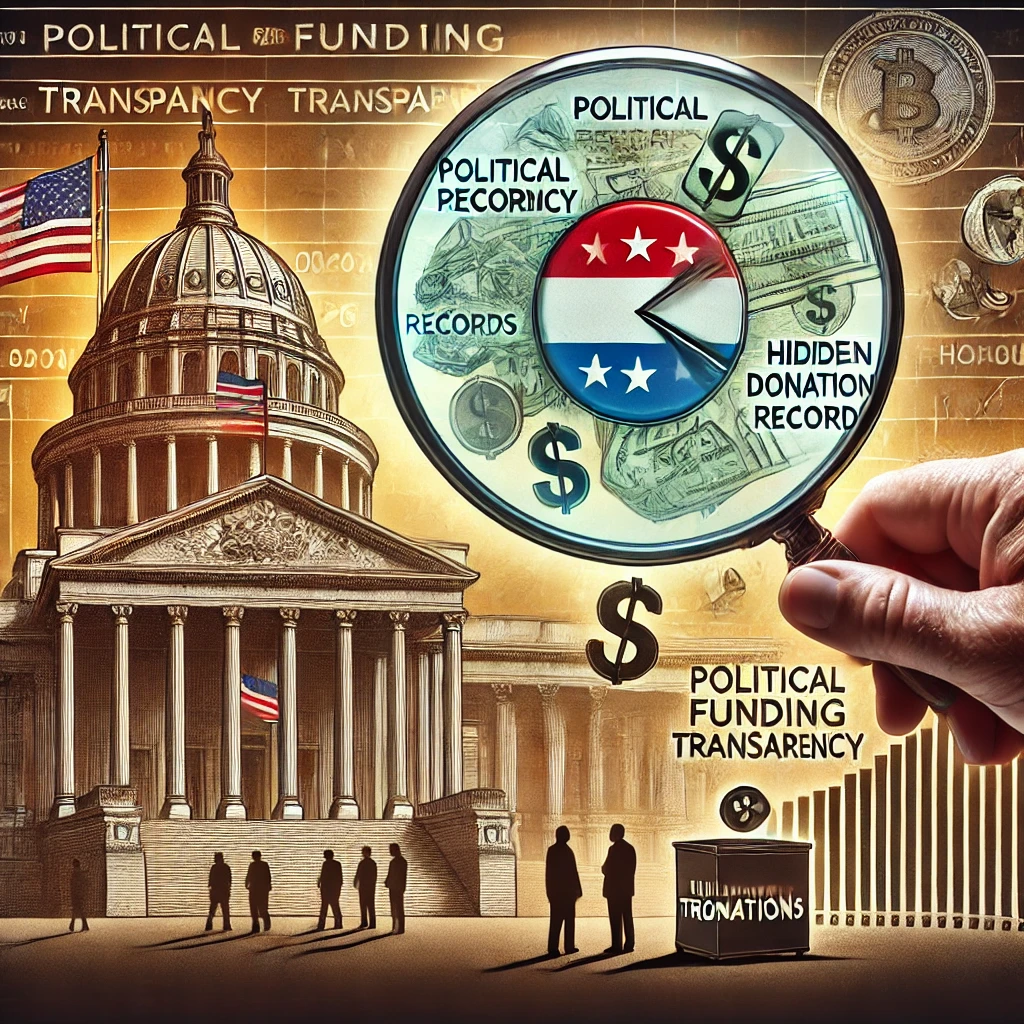India—Supreme Court Refuses to Stay Election Commission’s Order on Electoral Bond Disclosures
- ByAdmin --
- 11 Mar 2025 --
- 0 Comments
For years, electoral funding in India has remained a shadowy affair, with political parties raking in billions through anonymous donations. But that secrecy is now under legal fire.
In a move that has sent shockwaves through political corridors, the Supreme Court has refused to stay the Election Commission’s order requiring political parties to disclose their electoral bond donations from the past five years.
The Case: Transparency vs. Donor Privacy
The case was brought forward by civil society groups, who argued that secrecy in political donations promotes corruption, quid-pro-quo deals, and untraceable black money in elections.
On the other side, the government defended electoral bonds, claiming that:
🛑 Anonymity protects donors from political retaliation.
🛑 Electoral bonds are a cleaner alternative to cash donations.
🛑 Public scrutiny could dissuade businesses from funding elections altogether.
But the Supreme Court wasn’t convinced. Justice Dinesh Rao, writing for the majority, made an explosive statement:
"Democracy thrives on transparency. The people have the right to know who funds their leaders."
The Immediate Impact
📌 Political parties must now submit full donor lists to the Election Commission.
📌 Corporate and individual donors could be revealed, raising accountability questions.
📌 The final verdict later this year could permanently reshape India’s electoral financing laws.
Legal analysts predict that this ruling will force political parties to rethink their funding models. Meanwhile, civil society activists are hailing this as a victory for voter awareness.
The Supreme Court’s message is clear: Democracy should not be bankrolled in the dark.






















0 comments